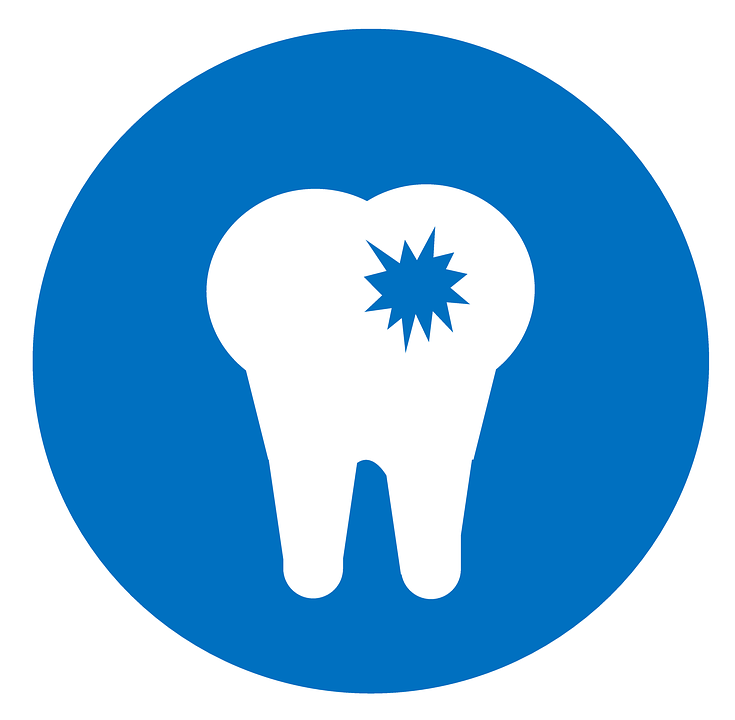
Almost all of us have experienced the pain of tooth cavity at least once in our lifetime. In spite of a healthy oral care routine, you somehow tend to end up with a cavity. A cavity is tooth decay that that erodes the tooth enamel and its underlying layers due to the accumulation of bacteria and plaque. When a cavity first develops, you may not feel pain at all. But as it grows, it will give out a few signs and symptoms warning you about a cavity.
Some signs you have a cavity include:
Toothache
A persistent toothache is often a warning sign of a developing cavity. The damaged tooth keeps hurting most of the time, especially when it comes into contact with something. If you chew on something and feel a sudden pain in the damaged area, it may be caused due to a cavity. The pain may be in the tooth or in the gums below. A cavity can impact the underlying nerves in the tooth and also cause cracks therefore, it is best to see a dentist to avoid any severe issues.
Holes in the Tooth
Most often due to poor oral care, bacteria, food particles and saliva accumulate to form plaque. When the plaque hardens it turns into tartar. Tartar combined with bacteria start to work their way through the core of the teeth forming a cavity. It results in visible holes that are easy to spot. Whenever you feel discomfort and pain in any of the tooth, especially while eating, check for such holes and get to the dentist quickly!
Bad Breath
The small infected holes associated with cavities are perfect breeding ground for bacteria. These bacteria cause odor and bad breath in the mouth. Bad breath can also be a sign of gum disease which might have occurred due to plaque build-up on the teeth.
Tooth Sensitivity
Eating and drinking can be a painful experience if you have a cavity. A cavity results in the erosion of the tooth enamel, exposing the underlying nerves. This exposure causes sensitivity to temperatures. Hence, when you have hot or cold foods you may feel pain due to this sensitivity.
Spots or Stains
While some cavities are visible in the form of holes, others might appear as spots or stains on your teeth. Black, brown or white spots on teeth are often signs of tooth decay. There is a possibility that they are natural stains, but if they are soft and sticky they signify cavity formation. If you notice such stains, get your dentist to evaluate and get them treated.
Bleeding while Brushing
If you experience recurrent bleeding while brushing it may be a sign of a cavity. Bleeding can be caused by a deep cavity or gum disorder. Sometimes a cavity may also lead to swelling of gums. A deep cavity can make the underlying nerve sick, causing an infection which leads to swelling in the gums. This swelling may not be painful but is a sign of a cavity and needs immediate treatment.
Signs you have a cavity must not be taken lightly as they are prone to severe dental issues. A deep cavity if not remedied can also result in removal of the decayed tooth. Regular dental check-ups and good oral care can avoid cavity issues. However, it is best to see a dentist if you see any signs of cavity formation.






